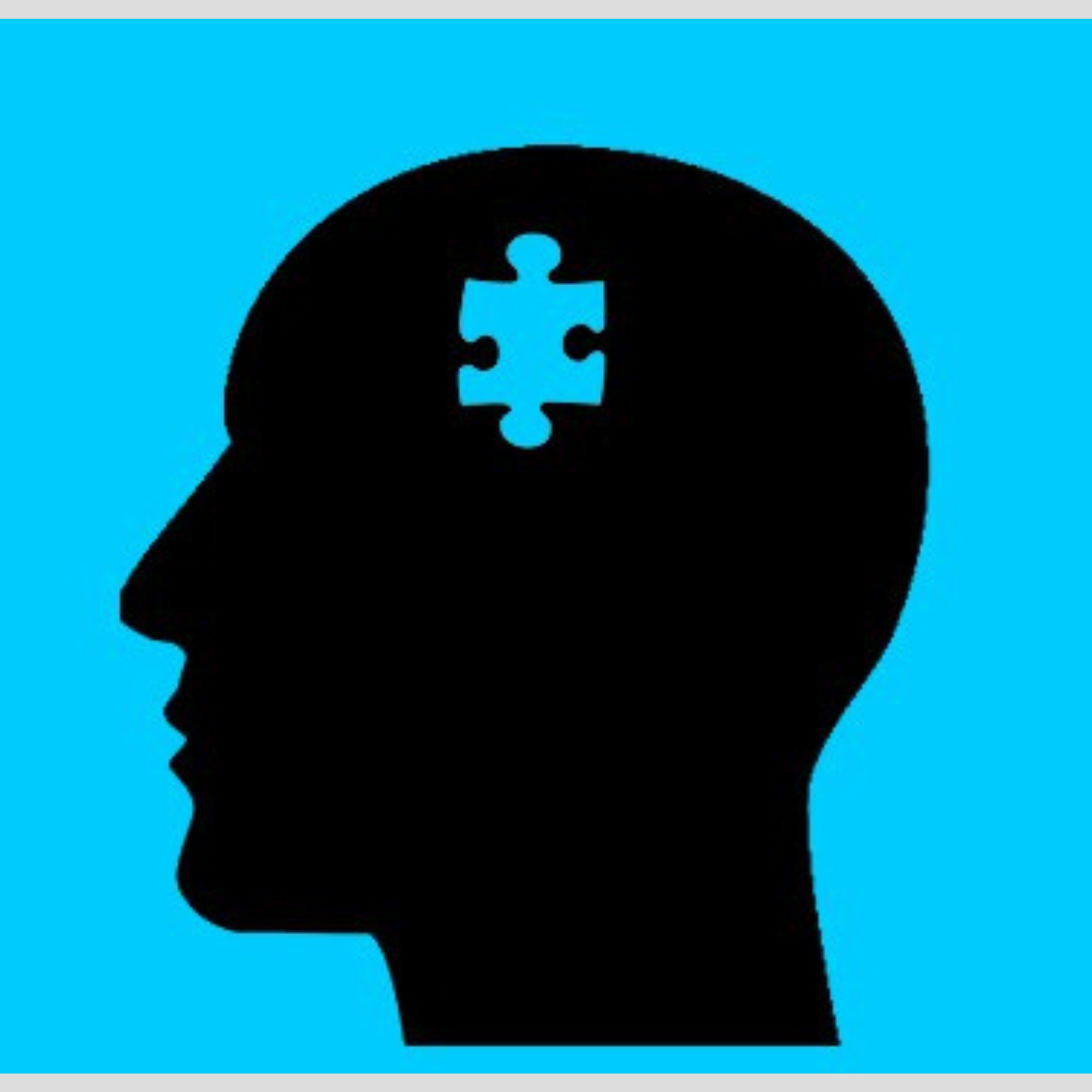Cognitive Behavioral Therapy (CBT) is a widely used form of psychotherapy that focuses on the intricate relationship between thoughts, feelings, and behaviors. Developed in the 1960s by Dr. Aaron T. Beck, CBT is based on the premise that our thoughts significantly influence our emotions and behaviors. By identifying and challenging negative thought patterns, individuals can change their emotional responses and behaviors, leading to improved mental health and well-being.
The Principles of CBT
CBT is grounded in several core principles:
- Cognitive Restructuring: This involves identifying and challenging distorted or unhelpful thoughts. The goal is to replace these thoughts with more realistic and balanced ones. For example, if someone has the thought, “I always fail,” CBT would help them evaluate this belief and consider evidence against it.
- Behavioral Activation: This principle emphasizes the importance of engaging in activities that are enjoyable or meaningful. By increasing positive activities, individuals can break the cycle of depression and improve their mood.
- Exposure Therapy: Used primarily for anxiety disorders, this principle involves gradually facing feared situations or objects in a controlled manner. This helps individuals reduce their anxiety over time.
- Skill Training: CBT often includes teaching coping skills, such as problem-solving, relaxation techniques, and social skills, to help individuals manage their symptoms more effectively.
The Process of CBT
CBT typically involves the following steps:
- Assessment: The therapist conducts a thorough assessment to understand the individual’s problems, symptoms, and the contexts in which they occur. This helps in formulating a treatment plan.
- Goal Setting: Together, the therapist and the individual set specific, measurable, achievable, relevant, and time-bound (SMART) goals for therapy. These goals guide the therapeutic process.
- Education: The therapist educates the individual about the cognitive model and how thoughts, feelings, and behaviors are interconnected. This knowledge empowers individuals to take an active role in their therapy.
- Interventions: Various techniques are used to challenge unhelpful thoughts and behaviors. Common interventions include thought records, where individuals track their thoughts and identify cognitive distortions, and behavioral experiments, where they test the validity of their beliefs through real-world activities.
- Homework: CBT is highly interactive and often involves homework assignments. These assignments help individuals practice the skills they learn in therapy and apply them to their daily lives.
- Review and Relapse Prevention: Regular reviews of progress are conducted, and strategies for maintaining improvements and preventing relapse are discussed.
Effectiveness of CBT
CBT has been extensively researched and is considered one of the most effective forms of psychotherapy for a variety of mental health conditions, including:
- Depression: Numerous studies have shown that CBT is as effective as antidepressant medication for many people with depression, and it often leads to longer-lasting improvements.
- Anxiety Disorders: CBT is particularly effective for generalized anxiety disorder, panic disorder, social anxiety disorder, and specific phobias.
- Post-Traumatic Stress Disorder (PTSD): CBT, especially trauma-focused CBT, is a first-line treatment for PTSD.
- Obsessive-Compulsive Disorder (OCD): CBT, particularly exposure and response prevention (ERP), is the most effective treatment for OCD.
- Eating Disorders: CBT is effective for treating eating disorders such as bulimia nervosa and binge-eating disorder.
Limitations and Considerations
While CBT is highly effective, it may not be suitable for everyone. Some individuals may find it challenging to engage in the structured, homework-intensive nature of the therapy. Additionally, CBT requires a certain level of cognitive functioning, making it less appropriate for individuals with severe cognitive impairments.
Conclusion
Cognitive Behavioral Therapy is a powerful tool in the treatment of various mental health conditions. By helping individuals understand and change their thought patterns and behaviors, CBT offers a practical approach to improving mental health. Its emphasis on collaboration, education, and skill-building makes it a dynamic and empowering form of therapy that can lead to lasting change.
